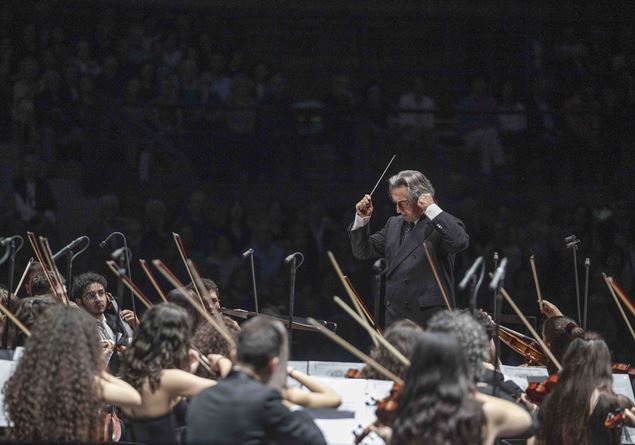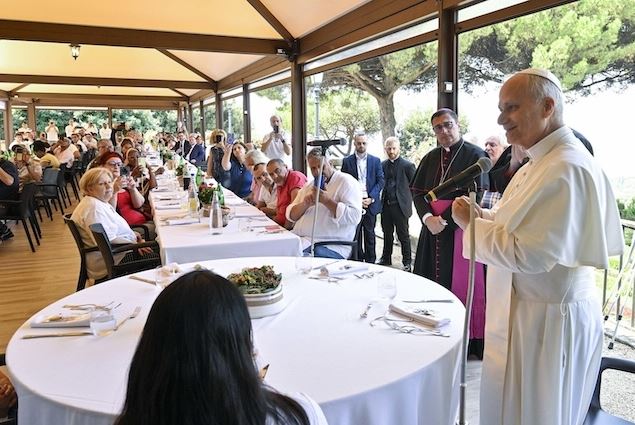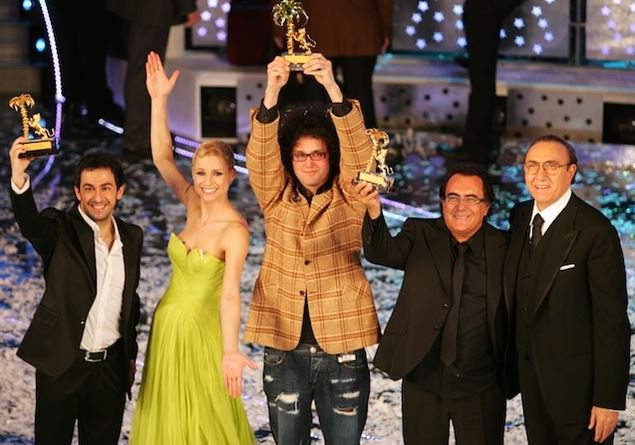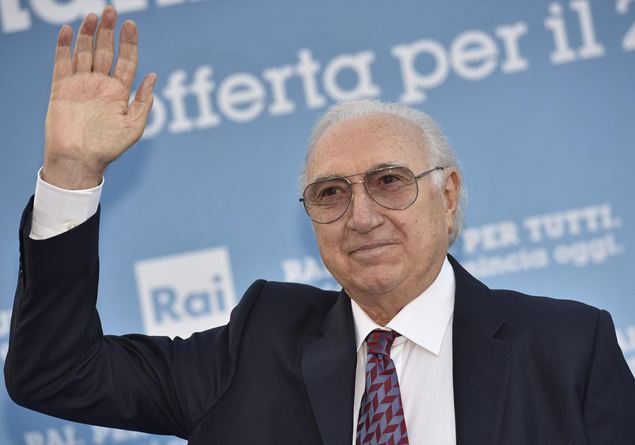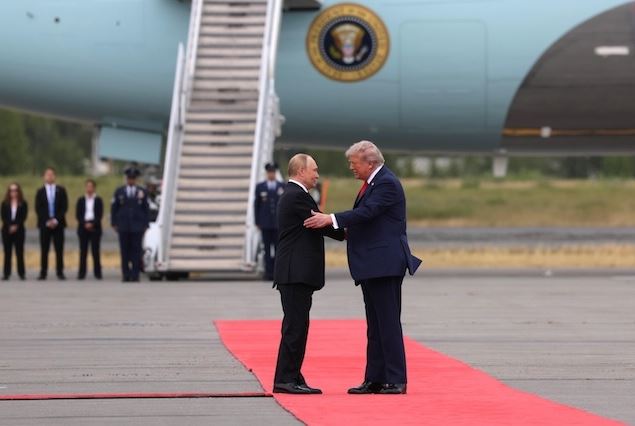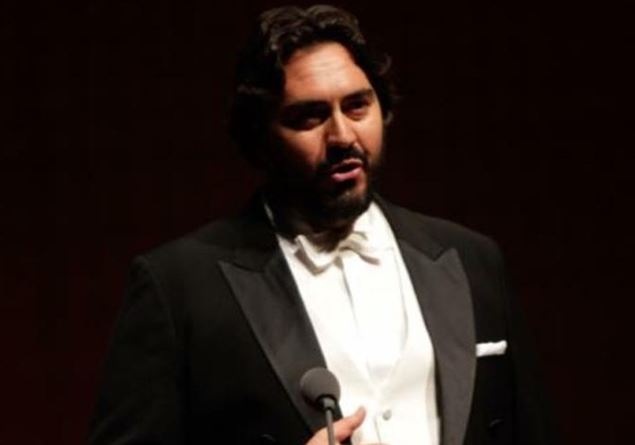(Photo by Marco Borrelli)
Whence hay música no puede haber thing bad, or “where there is music there can be no evil” is the phrase taken from the Don Quijote of Cervantes which is the title of the XXVI of the Ravenna Festival. It wasn’t bad, but only a lot of beauty on the inaugural evening of the Festival, on Saturday 31 May, at the Palazzo Mauro De André in Ravenna. The program was already a promise of beautiful music: the Ouverture Choriolano by Beethoven, followed by concert n.4 in King Maggiore for Violin and Mozart orchestra and, after the break, sumptuous conclusion with the symphony n.7 in the major op. 92 by Beethoven, the song that Richard Wagner called “the apotheosis of dance”.
Falls of applause and ovations for Riccardo Muti, the young people of the Cherubini orchestra and for the soloist, the violinist Giuseppe Gibboni, 24 years old, winner in 2001 of the Paganini violinistic competition, whose career is now enhanced internationally. Gibboni also granted an encore, the splendid introductory adage of the sonata n.1 for violin.
Riccardo Muti, in a dazzling and visibly happy form, at the end of the evening he received from Patrizia Cappuccilli the Cappuccilli prizenamed after the great baritone who disappeared in July twenty years ago. With the daughter of the Triestine artist, Muti recalled anecdotes and curiosities from the mid -seventies, when he engraved Aida and a mask dance with cappuccilli and other Dude artists caliber of Placido Domingo, Montserrat Caballé, Fiorenza Cossotto and Nicolai Glaurov. “It was a cast of first women, but nobody behaved like a first woman,” Muti recalled, regretting that era when there was time and way of trying for a long time with the singers before the shows in the theater and before the record engravings.
On Sunday 1 and Monday 2 June the Ravenna Festival comes alive with the Cantare Amantis Est event (singing is precisely of those who love), a project curated by Anna Leonardi and Michele Marco Rossi who will have the form of a masterclass led by Muti on Verdi’s chorality. 104 choirs and 1,202 single choristers are registered for a total of 3,116 participants from all over Italy.





